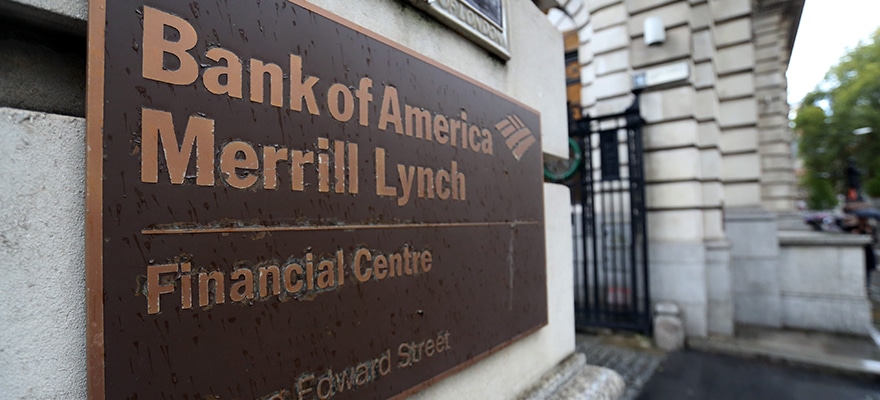The broker-dealer arms of Merrill Lynch on Friday agreed to pay $8 million to settle claims that the firm issued American Depository Receipts (ADRs) without possessing the underlying foreign shares.
The Securities and Exchange Commission said Merrill Lynch, Pierce, Fenner & Smith Incorporated provided ADRs, which are certificates representing ownership of a foreign stock, to clients without ensuring they would be backed by the actual shares. The SEC said that the pre-released ADRs were used for abusive practices, including “inappropriate short selling and inappropriate profiting around dividend payouts.”
The SEC has probed and fined several Wall Street banks including Bank of New York Mellon, Citigroup, Deutsche Bank, and J.P. Morgan as it examines whether they have broken controls designed to prevent market abuse and tax fraud.
SEC’s ninth enforcement action
Merrill Lynch, which didn’t admit or deny the claims, agreed to pay $4.4 million in penalties and interest and forfeit $3.6 million in profits, the commission added.
The SEC’s New York regional office said the broker dealer's failure to supervise its securities lending desk caused ADRs to be issued while not backed by actual shares, leaving them ripe for potential market abuse.
The probe of Merrill Lynch’s subsidiaries was related to the prerelease of ADRs, where banks issue depositary receipts without first having the underlying shares in their custody.
The practice, while intended to smooth trading, could be abused for betting against a company’s stock by selling shares they don’t own, without borrowing or locating the shares needed to cover the sale. The regulator also says such receipts are being used to illegally Arbitrage between different tax regimes.
Brokers who sell or transfer ADRs are typically responsible for ensuring that a matching number of foreign shares has been deposited with a custodian.
Sanjay Wadhwa, senior associate director of the SEC’s NY office, commented: “We are continuing to hold accountable financial institutions that engaged in abusive ADR practices. Our action conveys the message that an entity like Merrill may not avoid liability by using another broker to obtain fraudulently issued ADRs on its behalf.”

















